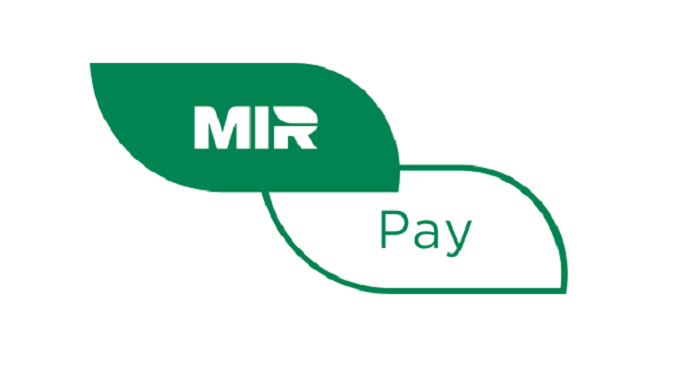Two new projects aimed at contributing to a greener and more resilient development of Georgia were approved last week by the World Bank’s Board of Executive Directors as the country embarks on its “last mile structural reforms” to align state institutions to EU requirements.
As the World Bank Regional Director for the South Caucasus, Sebastian Molineus, noted, Georgia now has an opportunity to step up its mitigation and adaptation efforts being exposed to climate change like many other countries.
The first project – a $75 million Georgia Resilient Agriculture, Irrigation, and Land (GRAIL) project – will not only bring benefits to farmers in Georgia but would also support the development of Georgia’s national irrigation and land management systems capacity.
The project aims to boost Georgia’s agricultural production by improving the access to irrigation and drainage services, making the farmers and agricultural enterprises the primary beneficiaries of the project. The enhanced services will also benefit the rural population.
According to the agriculture minister Otar Shamugia, who hailed the World Bank’s approval of the project, the GRAIL also supports the implementation of the government’s vision on land sector development.
This vision is reflected in 2021-2024 Toward Building a European State Program, which marks land reform as one of the top priorities for Georgia.
The second project – the $50 million-worth First Green and Resilient Georgia Development Policy Operation (DPO) – aims to reduce fiscal risks, mitigate fiscal risks, support the greening economic activity in Georgia, and build institutional capacity for better access to land, water, and financial services.
The program also aims to promote improvements in disaster risks financing and enhanced governance of state-owned enterprises.
Both approved projects will support facilitating e-Payments with regulatory changes, the introduction of a new tariff-setting methodology for irrigation water, and the adoption of a new law on National Spatial Data Infrastructure.



